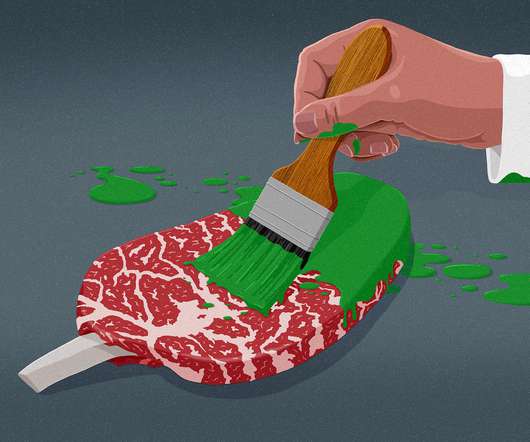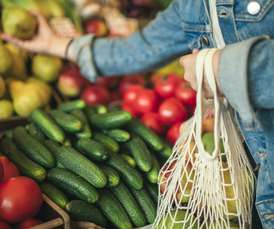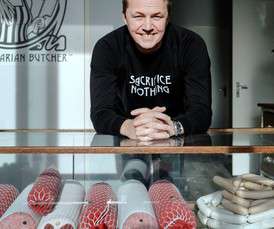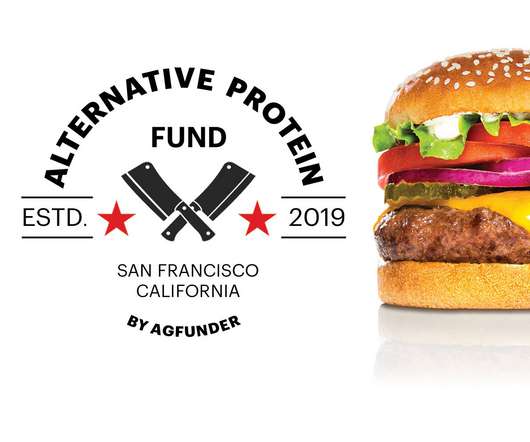What do Americans think about fake meat products?
AGreenLiving
FEBRUARY 21, 2020
After all, the way we choose to grow produce affects waterways, soil and air, which in turn, affects each of us. When it comes to raising animals for meat, the stakes are even higher. Report after report doles out alarming numbers regarding pollution related to the practice. Why are people trying fake meat?















Let's personalize your content